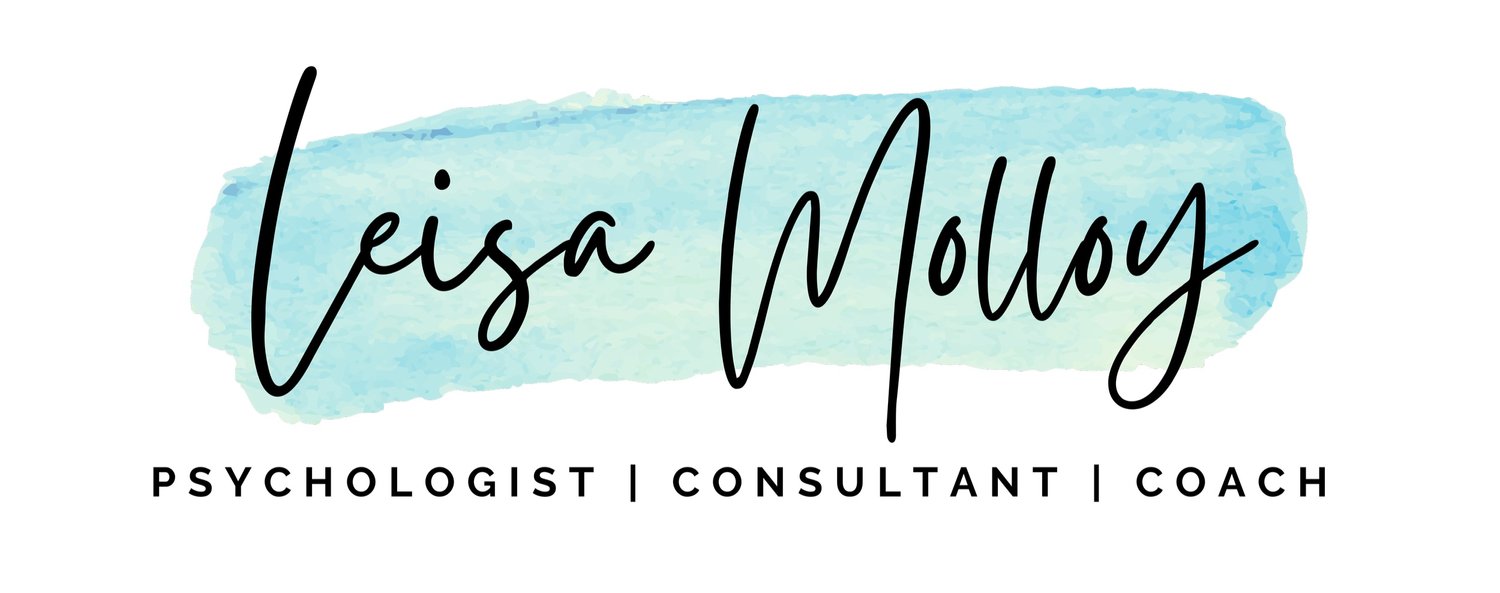CHALLENGING CONVERSATIONS WORKSHOPS
Practical skills, tools & frameworks to help leaders and employees more confidently tackle difficult conversations (instead of avoiding them!)
$6,800 per day.
In the HBR Press book "Stop Spending, Start Managing", this is the estimate of the cost associated with employees ignoring problems as a way of avoiding a potentially difficult conversation. That’s a lot of money!
If you do the math (and some rounding), that could potentially add up to $204,000 per month, or around $2.5 million dollars a year!
All managers, team leaders, business owners and employees need to handle difficult conversations at some time or another. When these conversations go 'wrong', there are significant flow on effects for trust, collaboration, performance, productivity – and ultimately, the bottom line.
People find these
Knowing how to do this effectively can make a significant difference to the potential impact
If so, you are definitely NOT alone. A lot of people struggle with raising tricky issues - especially those who also value strong and positive working relationships.
When thinking about bringing up a sensitive or difficult topic, some of the following might sound familiar…
It feels awkward or uncomfortable. Do I really need to bring that up?
You worry about the other person’s reaction. What if they cry or get angry? What if they argue with your points?
You don’t know how to start. What do I actually say? And then what? How should the conversation end?
You feel anxious about the impact on the relationship. What if they don’t like me afterwards? What if things become awkward?
You don’t want the issue to be blown out of proportion. What if they take it the wrong way? What if I stuff it up?
You’ve previously tried to be courageous or raise some concerns, but it didn’t go well. What if the same thing happens again? EEK!
The result…
If you are like most other humans, you might start AVOIDING these conversations altogether. Or tiptoeing around the issue and dropping ‘hints’, in the hope that eventually the other person will ‘get’ it.
Surely the problem will go away eventually, right? Or just resolve itself somehow?
Nope. (sorry!)
The problem is that these problems rarely go away by themselves. They create ongoing friction and tension - for you, for your team, and for your organisation. The result is “conflict debt”.
The good news is that it’s perfectly normal to feel this way. In fact, as humans, we are ‘wired’ to avoid conflict.
The even better news? These conversations can become much easier by building up the right set of skills, knowledge and insight. Whether or not you are a leader doesn’t matter - anyone can learn to navigate these conversations with greater confidence and skill.
About the Challenging Conversations Program
This program provides you with some insights, skills and tools to more skilfully and confidently navigate ‘tricky’ or difficult conversations at work.
It includes opportunities to explore typical responses to conflict, as well as the underlying psychological drivers that can help to create psychological safety. You’ll learn a step-by-step framework for ‘opening up’ and then navigating these types of conversations, also exploring a range of important interpersonal and communication skills.
SHORT SESSION (2.5 HRS)
In this 2.5 hour workshop, participants learn a step-by-step, structured framework for initiating and then navigating challenging conversations. A range of key skills are explored, with opportunities for discussion & reflection throughout the session.
Also includes access to follow up resources, materials, tools & curated content to extend insights and increase likelihood of applying learning and skills on-the-job.
Remote or in-person options available. Maximum 25 ppl.
MID LEVEL PROGRAM
Join a small group of other participants and learn via a series of remote, facilitated workshops.
Delivered over multiple weeks with options for additional 1-1 coaching sessions.
Company Workshops
Ask your organisation to arrange training for a select group of participants or leaders.
Delivered remotely or in person, with various options around timing and additional 1-1 support.
PROGRAM DELIVERY OPTIONS
SHORT SESSION (2.5 HRS)
In this 2.5 hour workshop, participants learn a step-by-step, structured framework for initiating and then navigating challenging conversations. A range of key skills are explored, with opportunities for discussion & reflection throughout the session.
Also includes access to follow up resources, materials, tools & curated content to extend insights and increase likelihood of applying learning and skills on-the-job.
Remote or in-person options available. Maximum 25 ppl.
$40
Option Two
It all begins with an idea. Maybe you want to launch a business. Maybe you want to turn a hobby into something more. Or maybe you have a creative project to share with the world. Whatever it is, the way you tell your story online can make all the difference.
$60
Option Three
It all begins with an idea. Maybe you want to launch a business. Maybe you want to turn a hobby into something more. Or maybe you have a creative project to share with the world. Whatever it is, the way you tell your story online can make all the difference.
A little taste of what you’ll learn…
About the Challenging Conversations Framework & Skills
A clear, step-by-step framework for raising & exploring challenging issues, problems & behaviours
How to effectively plan & prepare for challenging conversations
The 5 most common mistakes when tackling tricky conversations (and how to avoid them!)
Key skills to use in each stage of the Challenging Conversations Framework
How to respond to others’ emotions (e.g. when they become angry, upset, or defensive)
A process for mastering your own ‘stories’ & separating facts, feelings, judgements, needs & wants.
About the ‘psychology’ of difficult conversations…
How avoiding the tough conversations often results in an accumulation of “conflict debt”
It’s not you, it’s your brain! Why we are ‘wired’ to avoid conflict & difficult conversations
The difference between conflict aversion & conflict avoidance (and why it matters)
How your own default conflict ‘style’ could be shaping your mindset & behaviour
How your early experiences can shape your attitude towards speaking up & raising important issues
The social & psychological drivers that make others feel threatened or unsafe.
“Leaders must either invest a reasonable amount of time attending to fears & feelings - or squander an unreasonable amount of time trying to manage ineffective & unproductive behaviour.”
You’ll also have access to the following…
One of the key aims of the program is to set you up for success after the training.
As such, you’ll have unlimited access to a broad range of resources & tools to help you confidently go away and apply all of your skills and learning in ‘real life’.
This also allows plenty of time for you to embed your new skills & learning. After all, these things take time & practice. If it were easy, it wouldn’t be a ‘difficult’ conversation, right?!
Additional resources include:
Access to a range of instructional videos
A set of practical, structured ‘Conversation Guides’
Lots of other helpful worksheets, resources & questionnaires
Access to a private Facebook group where you can ask questions, share your insights, and learn from other people’s experience.
How do I know if this program is right for me?
This program is ideal for you if…
You want to become better at the ‘people’ related stuff.
You know handling difficult conversations is an important leadership skill.
You are keen to build greater self-awareness.
You want to have a more positive impact on others.
You want to be known as calm, confident & able to handle yourself well.
You want to raise important issues while still demonstrating empathy & understanding.
You are prepared to put in the ‘hard work’ by learning, applying & practising new skills & behaviours.
This program is NOT ideal if…
You don’t want to put in the hard work.
You are simply looking for a ‘quick fix’ to make the problem go away.
You aren’t prepared to consider your own feelings, behaviour & reactions.
You don’t have any interest in understanding other people’s needs, motives & challenges.










